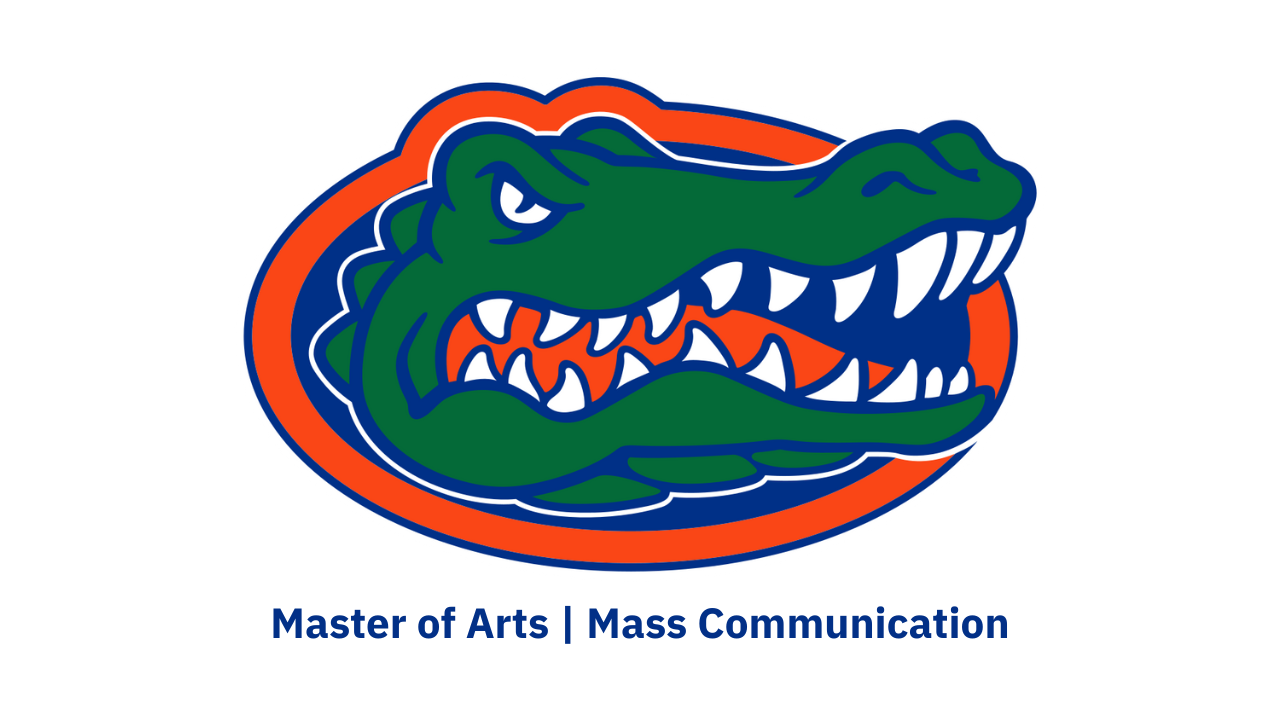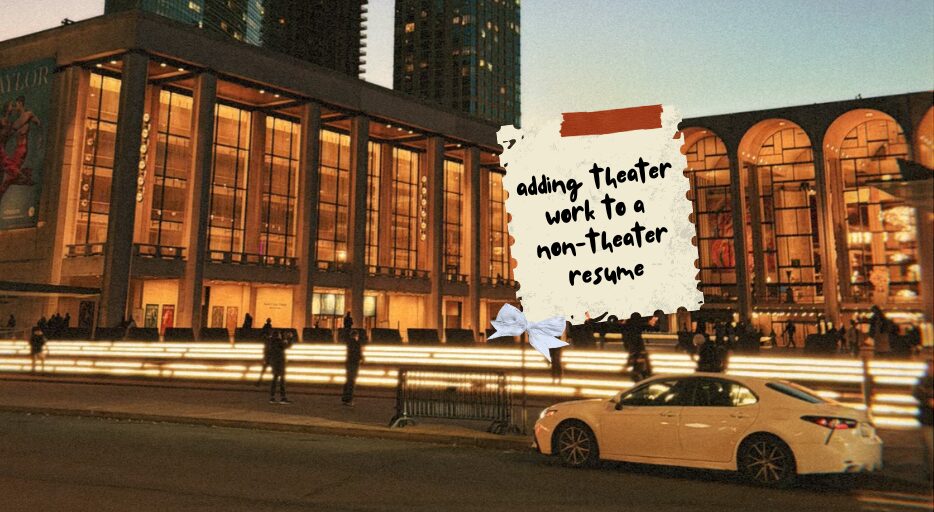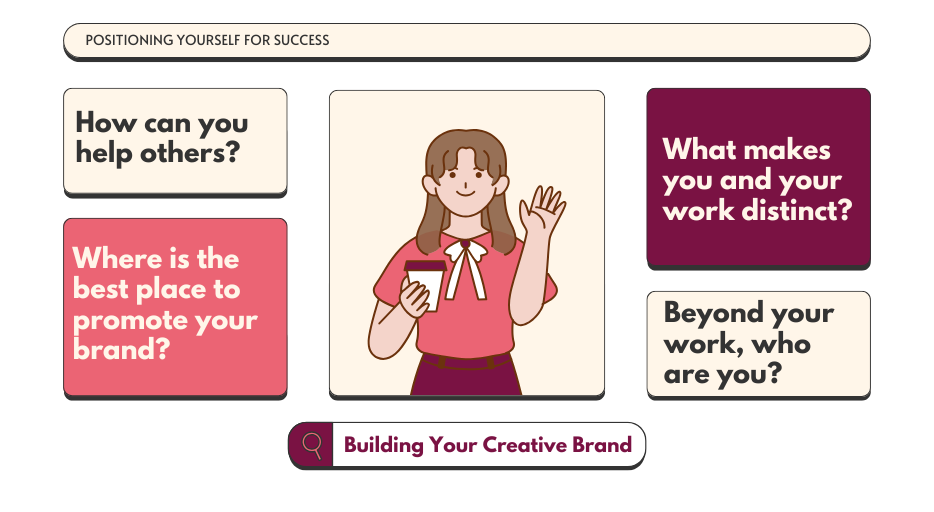Prompt
In this assignment, you will select a company to research and analyze its digital media presence, particularly how it stays in touch with customers throughout the customer journey. You will also imagine yourself as a corporate marketing specialist or digital communications specialist. Why does this career interest you, what are the critical elements for a person in this chosen career to focus on when communicating specific value to the company’s customers, and how does this position support the customer journey and customer value?
Overview
I have analyzed Roundabout Theatre Company’s digital media presence through the lens of a digital communications specialist. This case study examines the communications strategy of Pirates! The Penzance Musical for its successful customer acquisition, retention, and development, reflecting the before, during, and after purchase stages. This journal entry integrates a reflection of how I can apply these findings to my own career.
Assignment
For this analysis, I have focused on Roundbout Theatre Company’s digital media presence. Roundabout is a non-profit arts organization based in midtown Manhattan that owns and operates several Broadway and off-Broadway theatres. It produces musicals, plays, and community and educational programs rooted in theatrical development and enrichment. Roundabout’s mission is to celebrate “the power of theatre by spotlighting classics from the past, cultivating new works of the present, and educating minds for the future” (Roundabout Theatre Company, n.d.). I have selected Roundabout because I aspire to pursue a career in the arts, culture, and entertainment sector, particularly for a nonprofit like Roundabout. I find Roundabout’s marketing and communications work particularly strong compared to competitor organizations. The examples I have recently interacted with as a consumer lend themselves well to the material discussed in this class. This module focuses heavily on the importance of customer experience (CX). Roundabout leverages digital media, like its website and social media profiles, in-person touchpoints at the box office and inside the theatre with front-of-house staff, and quality productions inside its houses. From a seamless digital ticketing experience to production choices that satisfy audience desires, such as casting Danny DeVito in I Need That and producing a new revival of The Rocky Horror Show at the historic Studio 54, Roundabout’s work exemplifies strong CX and a CRM-first philosophy.
I have chosen to write about the career of a digital communications specialist. I have always resonated strongly with a career in communications because related roles rest at the intersection of strategy and creativity. Additionally, I can apply much of what I learned and loved in my dance career. As a dancer, I needed to research roles and audiences to make educated decisions on how I portrayed different characters, and how the audience’s expectations of movement and nonverbal storytelling would impact their understanding of my movements and expressions. While I might feel a certain glance as Odile in Swan Lake communicates the character’s desire for vengeance, the audience might see it as a reflection of depression or anger, which does not tell the same story. This is magnified in international audiences where nonverbal cues vary. Giselle, a story about death and ghosts, has to be approached differently with an Eastern Asian audience, as this culture views death and the afterlife differently than Western culture. These principles are the same in communications. Whether presenting work verbally or visually, how a message is conveyed is just as important as what the message says, and it is the communications team’s responsibility to adjust the message for the most precise delivery, often by tailoring messages for compatibility with different media platforms, such as social media and websites. Thus far, I have worked in departments where marketing and communications have merged into a single team. However, I have always preferred tasks more rooted in communications.
Communicating the unique value of a brand’s product or service is at the core of a digital communications specialist’s work. In any vertical or business model, a digital communications specialist must understand the Voice of Customer (VoC) to communicate how a brand’s offerings solve the audience’s problems, meet their needs, and benefit them in a manner that makes sense to them. If the language used is overly technical or does not align with a customer’s lifestyle, they are less likely to feel understood, and therefore less likely to trust or commit to the brand. The “before” stage of a purchase aligns with customer acquisition and the awareness and consideration stages of the marketing funnel. Here, a digital communications specialist’s messaging should foster interest and trust. The next step, the “during” purchase or decision stage, requires communication that provides a seamless customer experience and reinforces the customer’s choice. After a purchase is made, referenced as the advocacy stage of the marketing funnel or customer retention and development, communications specialists work to continue relationships and foster long-term loyalty, eventually aiming to convert customers into brand advocates.
A communications specialist at Roundabout Theatre Company, or any other theatrical non-profit, must adhere to the three critical stages in a customer’s journey: before, during, and after purchase. In the “before” purchase stage, a communications specialist must sell an intangible emotion and an unforgettable memory. The “during” purchase timeline would continue to fuel the audience’s excitement while providing clear, straightforward preparatory information, like directions. This is where VoC is crucial, as it is the communications specialist’s responsibility to mitigate audience confusion. While a local New Yorker could find the Todd Haimes Theatre with just “42nd between 7th and 8th,” tourists would have no clue what this means. Since the theatre was also renamed last year, map directions might confuse tourists further if the location is labeled with the American Airlines Theatre’s outdated name. The “after” purchase stage would thank audiences for attending, reinforce the value of the experience, and promote upcoming shows, the cast album if released, or forthcoming televised performances on programs like Today on NBC or Good Morning America on ABC.
Digital communications specialists support each stage of the customer’s journey and are closely tied to providing unique customer value. Public relations (PR) and content marketing play a significant role in communications, both of which leverage digital tools and relationships to “make sure everyone is driving toward the same lead generation goals” (Shea, 2021). Both of these tactics are about delivering value. In the awareness stages, content marketing focuses on providing “expertise while educating your prospects,” which becomes an optimal space to place lead generation tools like forms to collect “very targeted leads because they have shown an interest in your vertical market expertise” (Shea, 2021). This work does not stop at awareness and lead magnets, however. “Valuable and informative content your audience can engage with” can also help the consideration stage by providing additional information on why a business’s offerings are stronger than its competitors (Patel, n.d.). Beyond this, strong PR tactics can parallel the effects of testimonials when customers are in the decision stage. The digital communications specialist provides customer value by creating engaging content and ensuring that content reduces friction and anxiety for the customer and that this crucial messaging is consistent. This means a digital communications specialist facilitates a consistent customer experience from first introduction through post-purchase. Consistent, thoughtful communication builds trust, which is the cornerstone of customer loyalty and long-term value for the company.
Roundabout Theatre Company has a robust digital media presence. Its website contains information about current and upcoming shows, tickets, membership options, donation opportunities, educational resources, community programs, and its venues. The website is also home to Upstage Guides, Roundabout’s take on content marketing that provides deep dives into the context and history surrounding current productions. These guides and their contained articles are promoted in the Playbills with a QR code, but are also freely available to the public. Roundabout maintains active Instagram, TikTok, Facebook, X, and YouTube pages. Its content strategy is tailored to each platform. However, the content generally features interviews with celebrity actors and the creative teams of shows, behind-the-scenes peeks, and previews of shows via short clips of scenes. Lastly, Roundabout manages an email newsletter and promotes signups on its website and in its theatres on large posters. This strategy is successful, especially when principal cast members and show titles are familiar to the audience, like the upcoming production of The Rocky Horror Show with well-known director Sam Pinkleton. Clever references to the script, songs, or stars’ previous works garner strong attention and engagement from audiences. However, this sentiment falls flat when Roundabout promotes new works with up-and-coming actors, like the recent play English. The content is still conceptually successful, but does not match the same level of excitement as well-known features, a common problem across the theatre industry. Roundabout is in a unique position with the publication of Upstage Guides, which it can more heavily promote to tell the story behind the story and form an early connection with audiences.
Roundabout is highly successful at engaging customers throughout their journey via digital media. For this journal, I will analyze the strategy and tactics used for its current production, Pirates! The Penzance Musical at the Todd Haimes Theatre on Broadway. As soon as Pirates! was announced alongside the rest of the 2024-2025 season lineup, Roundabout posted this information on its website and sent a newsletter to its audience with the announcement. Once Yellowface, the production occupying the Todd Haimes theatre before Pirates!, closed, the organization began a proactive promotional strategy, which included emails to its newsletter audience and ticketholders to previous Broadway productions, aimed at customer retention and encouraging previous customers to return for a new show. To target new customers, Roundabout began focusing on Pirates! in its social media posts, highlighting celebrity stars Jinkx Monsoon (RuPaul’s Drag Race), Ramin Karimloo (Les Misérables, Phantom of the Opera), and David Hyde Pierce (Frasier) in styled photo shoots and more informal interviews. An ad campaign was launched simultaneously, using the content from the styled photo shoots in story and in-feed ads on Instagram and Facebook, in-feed ads on Reddit, and search ads on Google. The ads on Reddit and Google appeared in searches related to Broadway shows, musicals, and musical revivals. This campaign is still running, but was modified to include positive reviews from theatre critics after opening night.
Once customers purchase tickets from one of these acquisition-based sources, they receive three emails- one immediately after purchase, about a week before the show, and one the day before the show. This email contained pertinent information for the customer about their performance date and time, what to expect when arriving at the theatre, the runtime of the show, and behavioral expectations, such as dress code. This email series ensured that the audience had clear expectations of their experience at the theatre and could arrive prepared. This also mitigates issues for the theatre, such as guests arriving late because they went to the wrong theatre, or needing to confiscate restricted items like weapons or recording devices. After the show, customers received a follow-up email thanking the guest for choosing Roundabout and reinforcing the experience of selecting a Roundabout show, with links to learn more about a subscription for next season at Roundabout, information about the benefits of donating, and the ability to update my email preferences so I could be sure I was getting the more relevant content. Despite being in the post-purchase phase, Roundabout cleverly applies the principle of directly asking customers about their interests to align future outreach, a tactic typically used in lead qualification stages (Patel, 2017).
I recently went through this customer lifecycle process. After purchasing tickets and seeing the show, I continued to see posts about Pirates! in my feed as both organic and sponsored posts. This content was just as applicable to these later phases as the initial acquisition phase. I enjoyed the show, so seeing behind-the-scenes content and scene clips reminded me of my positive experience. Now, I also felt compelled to share it with my friends as evidence of how positively I perceived the show, and how much I thought they would enjoy it. For example, there is currently a sponsored clip of the “piracy doesn’t pay” scene between Jinkx Monsoon and Ramin Karimloo, which was one of the funniest comedic bits in the show. Seeing the quality execution initially helped me decide that the show was worth purchasing tickets to, but seeing it after the show reminds me of how much I enjoyed it. I shared the clip with three friends I felt would enjoy the show and encouraged them to visit before the run ends. I had not posted about seeing the show on my social media, so Roundabout needed to leverage keywords to ensure its content reached the proper audience (Patel, n.d.).
My analysis of Roundabout’s strategy revealed that effective, modern communication is a form of natural lead generation. The best communication encourages engagement through interaction and response. When audiences feel they have received value, they will reciprocate by providing companies with valuable information, such as contact information and behavioral data. However, none of this works without trust. Suppose a digital communications specialist fails to create consistent, resonant messaging. In that case, audience expectations will not be met or exceeded consistently, and the chances of a loyal, long-term relationship become slim. With this, communications roles are a creatively driven career path that directly influences marketing and lead generation goals. Moving forward, I can identify areas where integrated marketing and communications teams can more successfully collaborate to attract and retain customers.
References
Shea, E. (2021, April 22). How to use PR for B2B lead generation. Forbes Communications Council. https://www.forbes.com/sites/forbescommunicationscouncil/2021/04/22/how-to-use-pr-for-b2b-lead-generation/?sh=5c354d13651f
Patel, N. (n.d.). Beginner’s guide to content-based lead generation. Neil Patel. https://neilpatel.com/blog/beginners-guide-to-content-based-lead-generation/
Patel, N. (2017, September 2). How to Qualifying Your Leads | Ask These 4 Questions to Generate Quality Leads online marketing [Video]. YouTube. http://www.youtube.com/watch?v=Q3uFxbONPF0Roundabout Theatre Company. (n.d.). Homepage. https://www.roundabouttheatre.org/





Leave a Reply